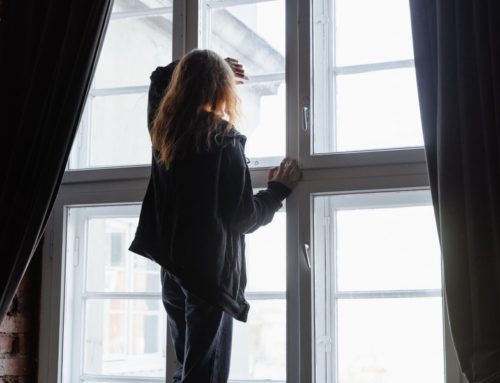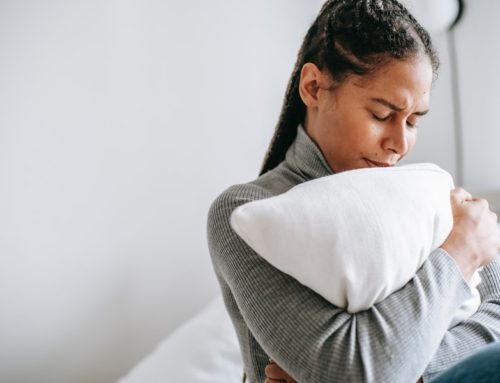Major depression is a serious health hazard in the USA, affecting over 20 million people at any given time. Some factors that influence depression, like our genetic inheritance and traumatic events in our past, can’t be changed, but we can learn how to make better choices that will help us live better lives. Making better lifestyle choices helps increase the effectiveness of therapy and medication. Consider how your choices in the areas below might help (or harm) your good mental health.
Inactivity
Depressive disorders drain us of life and energy. A lack of interest in activities we normally enjoy is also a big part of depression. This leaves us with no interest in doing anything and little energy to do it even if we wanted to. However, a simple and easy activity like moderate exercise has been shown to boost the body’s production of serotonin and dopamine, vital neurotransmitters that the body sorely lacks during depression. A 20 minute walk, 3 times a week, can reduce depression.
Isolation
Social withdrawal and isolation is a common part of depression. Once again, depression drains both energy and the ability to enjoy ourselves out of our lives. It may take a monumental effort to force yourself to get out of the house and interact with others again during a depressive episode. Whether you were a social butterfly or natural recluse before depression set up shop in your daily affairs, interacting with others helps stimulate our minds and lifts us up, even if it’s just a little bit. More than the interaction itself, keeping social ties alive helps reinforce our social support network.
Poor diet
Your eating habits can powerfully affect your psychological health. Studies have shown that a diet high in simple sugars, refined grains, heavily processed foods and overloaded with salt are associated with higher rates of depression. Foods high in fats, sugar and processed grains can spark surges and troughs in one’s insulin levels, as well as contribute to insulin resistance.
Poor Sleep Hygiene
Disturbed sleep is a hallmark of depression, with insomnia and hypersomnia being two common symptoms of depression. When we’re having problems with getting healthy, restful sleep, going to bed can feel like walking into a jail cell. Establishing a routine around sleep can help things feel more settled and less stressful. Keep a set bedtime and observe it by cycling down your activities a few hours before shutting out the lights. Be consistent with your hours for getting up, too. Keep your tv and digital entertainment out of the bedroom. If you don’t go to sleep, don’t stay in bed, though. Get up and return to bed when you feel sleepy.
Damaris Aragon, ARNP, BC provides a full spectrum of mental health care to people in Spokane, Washington and surrounding areas. She focuses on providing personalized, compassionate care that adheres to current evidence-based standards. Reach out to Damaris through her contact page or calling 509-342-6592.






